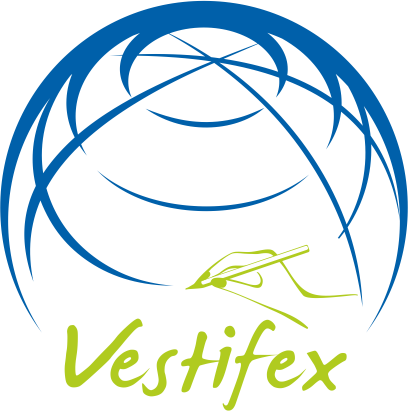Html code will be here
2018-2020
Family mentor in community
ERASMUS+ KA2
The Family Mentor project's aims - pooling partners experience and practices to develop innovative outputs for family mentors in community training, the assessment of abilities, and readiness for recognition.
The Sustainable development of any country rests on three fundamental pillars: economic growth, ecological balance, and social progress. The social progress of a country depends on the role of people living in society. In today's age of an increasingly global and high-tech economy, we sometimes forget that not all people and places have shared the benefits of recent economic growth. Rural areas have specifically lagged behind. Facing poverty, and social exclusion, many in their families, especially children, can begin to development poor mental health. The lack of mental health specialists in rural areas also contributes to the emergence of delayed and deep problems in some families. A family mentor, or specialist in the local community, can react earlier, provide necessary help, and utilize community resources in order to help families. A community mentor is simply vital to any family in difficult times.
Specialists, in direct contact with families, often do not have a comprehensive approach (emotional, social, practical) to encourage family members to seek help, identify their real needs, and solve problems. Project output evaluation will support policy developments and strengthen the possibility to become a constructive mentor in emotional, social, and practical matters. The project's activities comply with the Europe 2020 strategy initiative "An agenda for new skills and jobs" empowering people by developing their life-long skill to learn, increasing labour participation, and helping to ensure social and territorial cohesion so that people in rural areas can get help and are able to live with dignity: playing an active role in their society.
The project points to promote the development, testing, and implementation of innovative practices in the field of adult education, to define a family mentor connection on the transnational level, and to develop innovative readiness steps for recognition of family mentor successes at the local, regional, and national level acquired through informal and formal learning.
The project consortium consists of 6 European partners: Skudutiskio akademija (Lithuania) as Lead partner, Fédération régionale Familles Rurales des Pays de la Loire (France), Fundacja Agencji Sluzby Spolecznej (Poland), Vilnius family psychology center (Lithuania), OÜ Vestifex (Estonia), Instituto para el fomento del desarrollo y la formación S.L (Spain). All partners are working in the field of adult training and support the people of local communities in their life-long learning process by providing them with different adult educational opportunities.
The project has output "Guidelines for the recognition of family mentor competences", in which will be described how to improve and assess skills, and "Self-reflection tool for family mentor" which can be directly applied in practical adult training. "Self-reflection tool for family mentor" will help family mentors evaluate individual learning needs and choose further directions for improvement - how to identify, evaluate, and improve skills. This will give the possibility to extend educators' skills and will enable them to provide better services and information/guidance, especially in dealing with families facing difficulties.
Specialists, in direct contact with families, often do not have a comprehensive approach (emotional, social, practical) to encourage family members to seek help, identify their real needs, and solve problems. Project output evaluation will support policy developments and strengthen the possibility to become a constructive mentor in emotional, social, and practical matters. The project's activities comply with the Europe 2020 strategy initiative "An agenda for new skills and jobs" empowering people by developing their life-long skill to learn, increasing labour participation, and helping to ensure social and territorial cohesion so that people in rural areas can get help and are able to live with dignity: playing an active role in their society.
The project points to promote the development, testing, and implementation of innovative practices in the field of adult education, to define a family mentor connection on the transnational level, and to develop innovative readiness steps for recognition of family mentor successes at the local, regional, and national level acquired through informal and formal learning.
The project consortium consists of 6 European partners: Skudutiskio akademija (Lithuania) as Lead partner, Fédération régionale Familles Rurales des Pays de la Loire (France), Fundacja Agencji Sluzby Spolecznej (Poland), Vilnius family psychology center (Lithuania), OÜ Vestifex (Estonia), Instituto para el fomento del desarrollo y la formación S.L (Spain). All partners are working in the field of adult training and support the people of local communities in their life-long learning process by providing them with different adult educational opportunities.
The project has output "Guidelines for the recognition of family mentor competences", in which will be described how to improve and assess skills, and "Self-reflection tool for family mentor" which can be directly applied in practical adult training. "Self-reflection tool for family mentor" will help family mentors evaluate individual learning needs and choose further directions for improvement - how to identify, evaluate, and improve skills. This will give the possibility to extend educators' skills and will enable them to provide better services and information/guidance, especially in dealing with families facing difficulties.
Project supported

Keep in touch!
+372 512 0998
learning@vestifex.com
Tuleviku 7 Narva, Estonia
learning@vestifex.com
Tuleviku 7 Narva, Estonia


